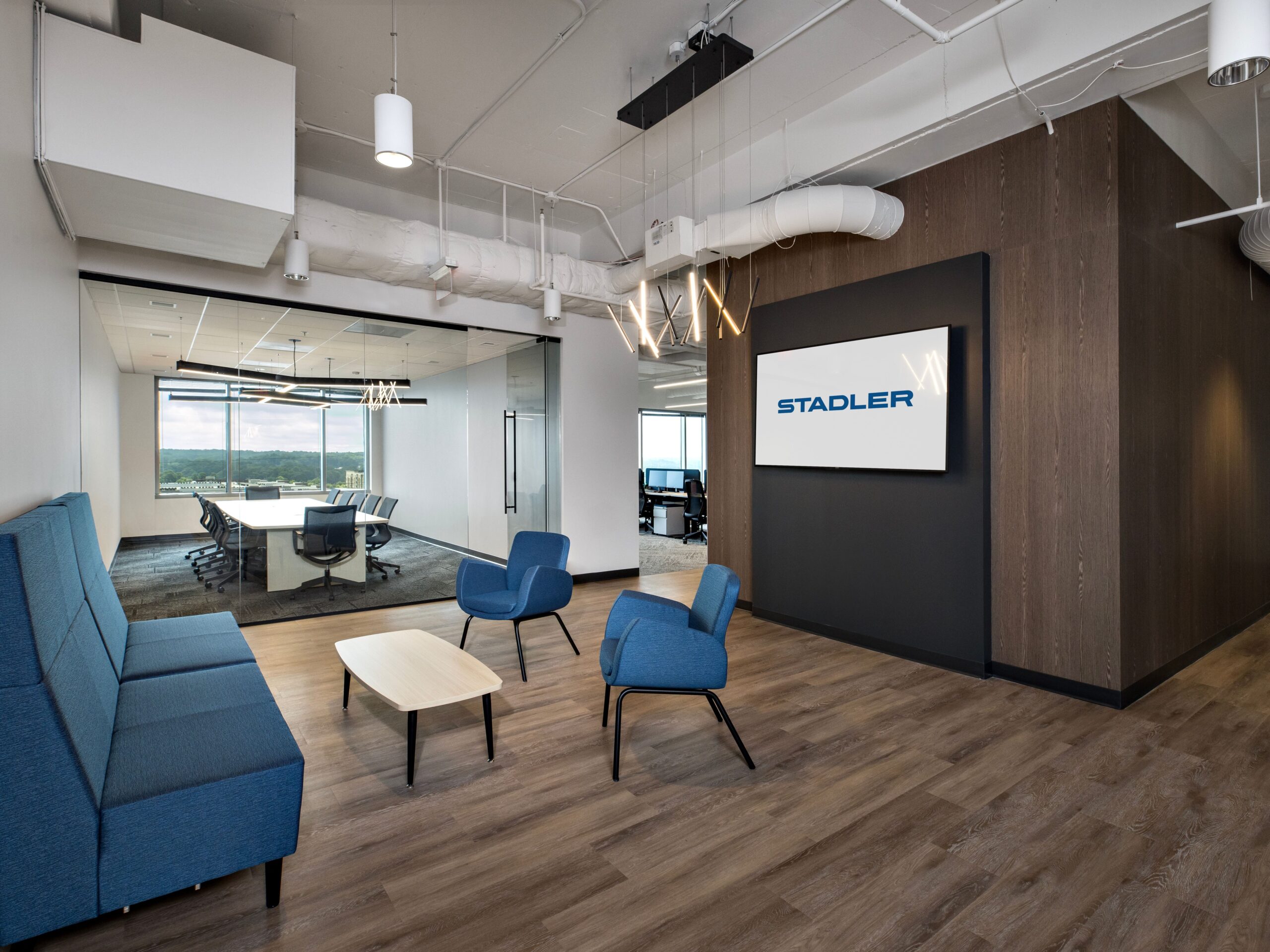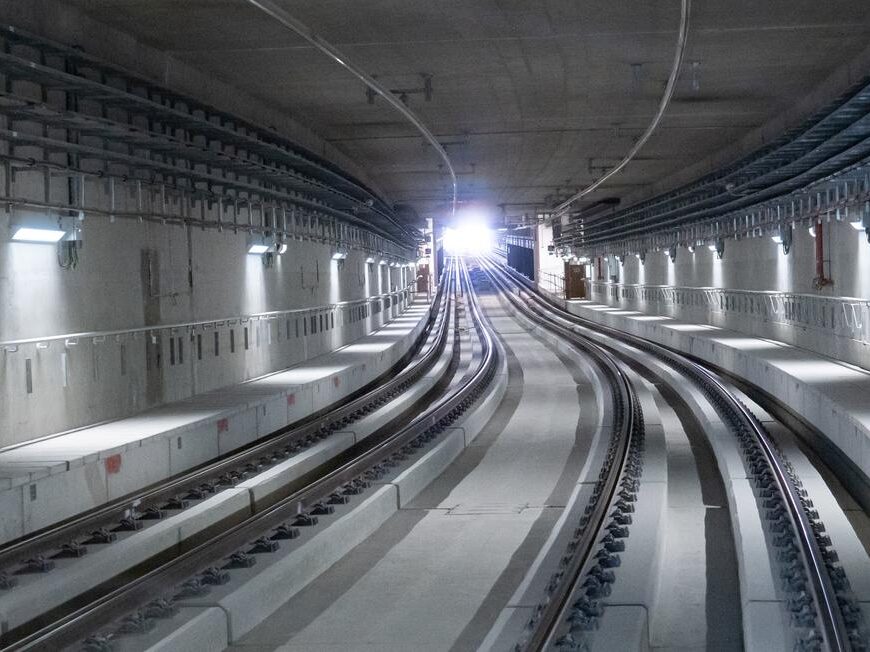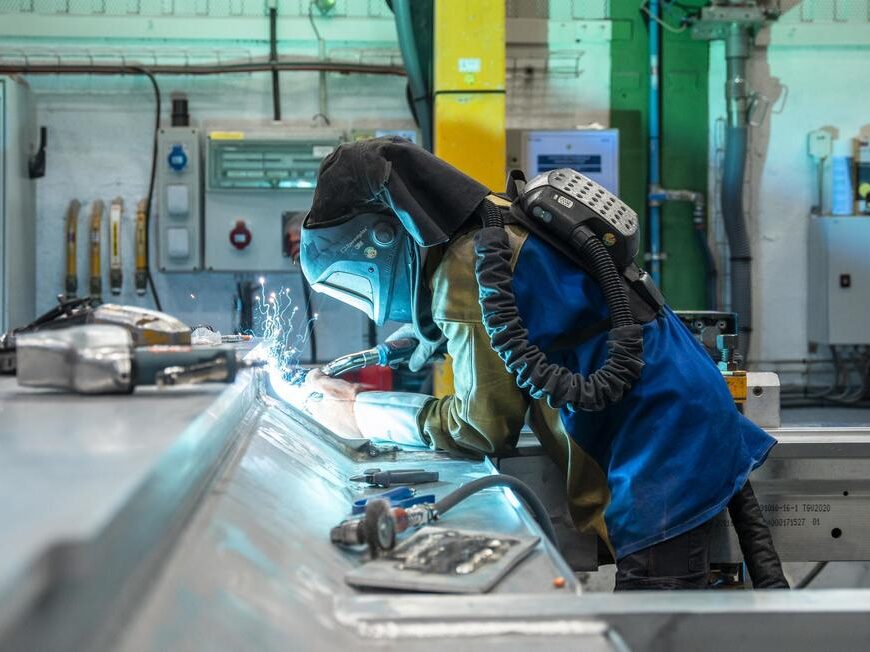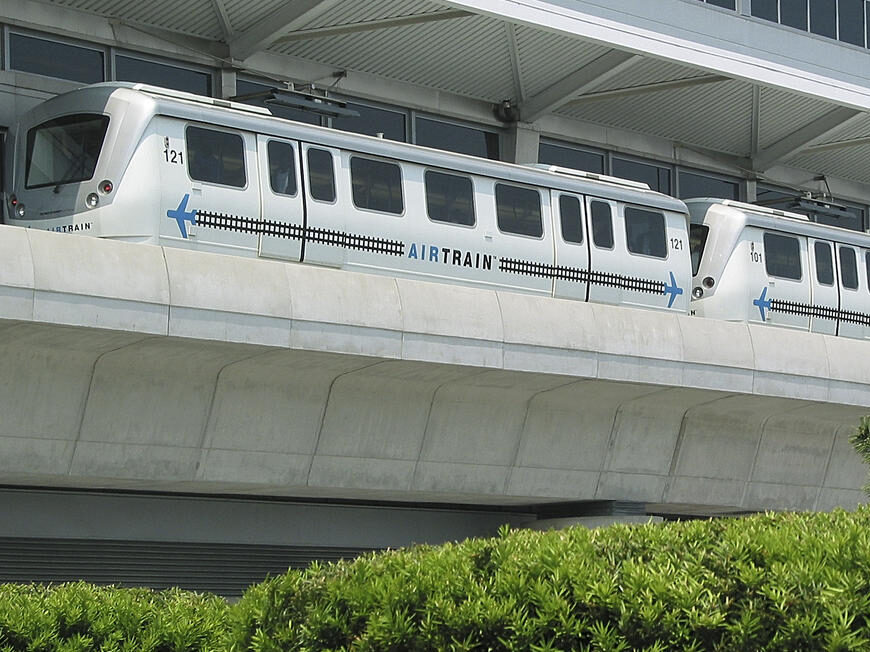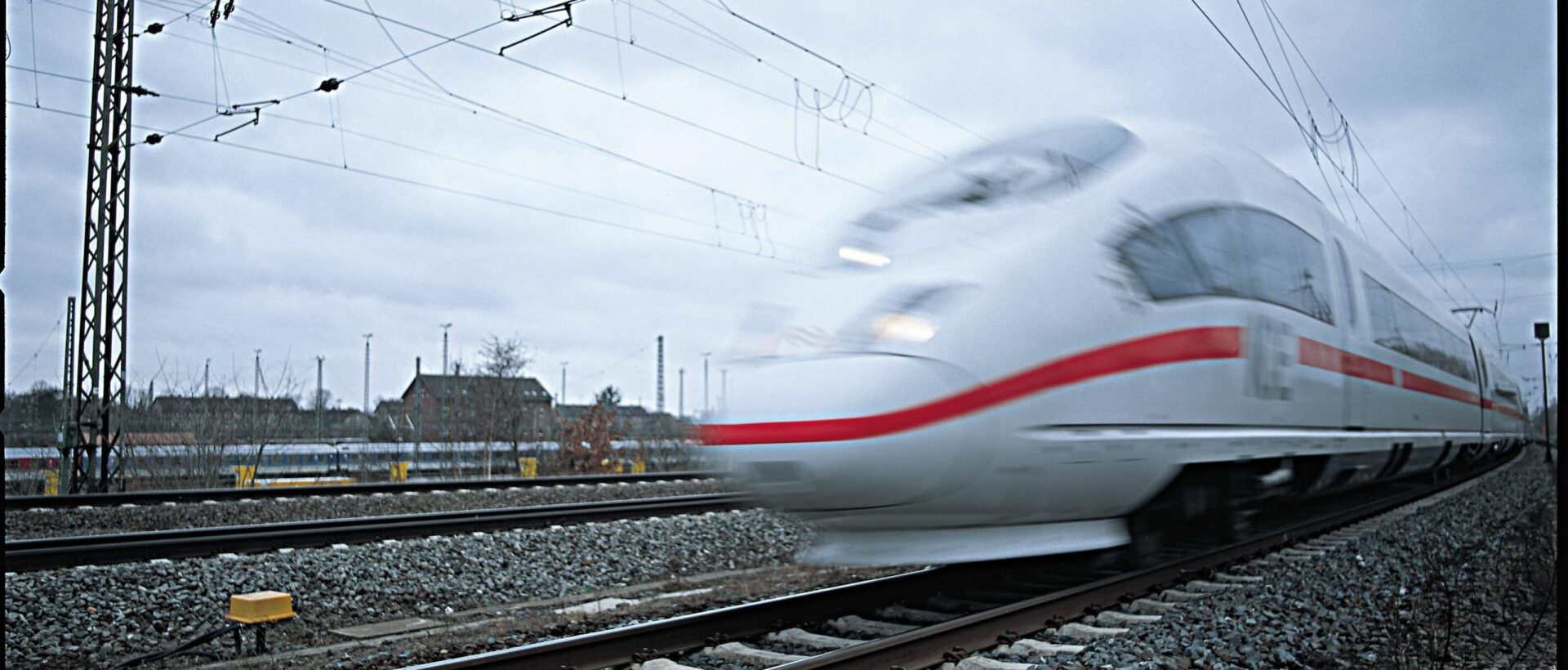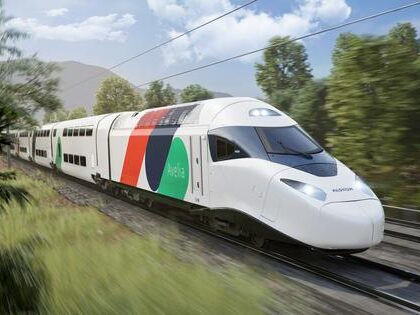Alstom has signed a contract with S-Bahn Hamburg to upgrade 82 BR 490 trains with the European Train Control System (ETCS) and Automatic Train Operation (ATO) technology.
The agreement, valued at over 60 million EUR, forms part of broader efforts to introduce more digital systems into Germany’s rail network.
![The S-Bahn trains will be equipped with the European Train Control System (ETCS] and modern ATO technology for automated train operations](https://railway-news.com/wp-content/uploads/2025/04/DB_Regio_In_Hamburg_Copyright_Deutsche_Bahn.jpg)
The upgrade will prepare the BR 490 fleet for semi-automated operation under Grade of Automation 2 (GoA2), which supports driver-assisted operations. This will support more efficient services by allowing shorter intervals between trains and more consistent operation.
Jan Schröder, Chairman of the Management Board of S-Bahn Hamburg said:The combination of digitalisation and automation is the key to more green mobility on rail. It allows shorter headways and higher passenger numbers while at the same time reducing energy consumption. This way, climate protection and the mobility shift to rail go hand in hand.
With this project, the Hamburg S-Bahn is making an important contribution to the digitalisation of rail in Germany. Alstom supports this effort with expertise, experience, and cutting-edge technology.
The retrofit will begin with four prototype vehicles, which will be equipped and recertified by Alstom at its Hennigsdorf site by 2029. Following this, the remaining 78 trains will be equipped using retrofit kits supplied by Alstom, with Deutsche Bahn leading the installation work.
This project complements earlier deliveries of BR 490 trains. 64 units from a second production batch are already equipped with ETCS and ATO from the factory. Once the upgrade is complete, all 146 BR 490 trains in the Hamburg S-Bahn fleet will be technically prepared for digital rail operation.
Alstom’s Onvia ETCS system is designed for both new and existing trains. The system meets the latest Technical Specifications for Interoperability (TSI 2023) and is compatible with a wide range of rail vehicles.


















